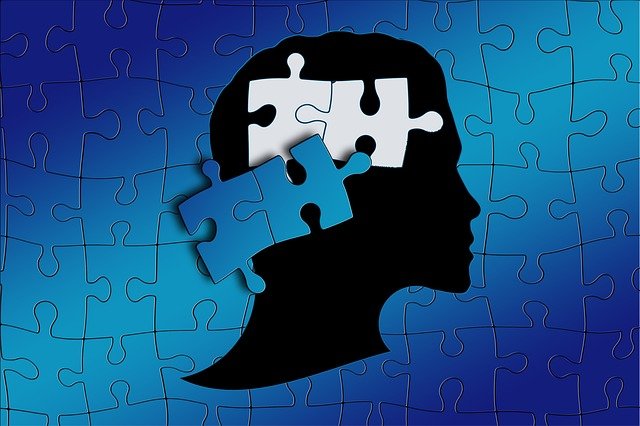
I used to work with a diligent student in a research project.
He impressed me a lot not only because he was intelligent and responsible for his work, but also because he was very positive about life despite his autism spectrum disorder (ASD).
When he told me that he had a sister that studied biology in a different university, I asked him if she was healthy. “Yes,” he said, “but she did worry about herself when she was younger”.
Scientists estimate that one in 100 people have ASD.
Although multiple assessments have been developed to diagnose the disorder, so far little is known about whether siblings of people with ASD also have autistic traits.
To answer the question, a study newly published in Autism Research tested children with ASD, their siblings, adolescents, and adult controls, using the autism-spectrum quotient (AQ).
The result showed that in male and female adults, AQ scores in siblings fell between the ASD group and the control group.
In children and adolescents, female siblings also scored higher than controls, but male siblings were not different from controls.
When researchers checked the AQ scores in different functions, they found that male siblings were only different from controls in “communication”, whereas female siblings differed from controls in all subscales except “imagination”.
Researchers suggest that in siblings there might be a broader autism phenotype, which is modulated by sex. Thus, males and female siblings should be studied separately.
In addition, the developmental processes that typically give rise to cognitive sexual dimorphism may be affected in ASD and their first-degree relatives.
Copyright © 2018 Knowridge Science Report. All rights reserved.



